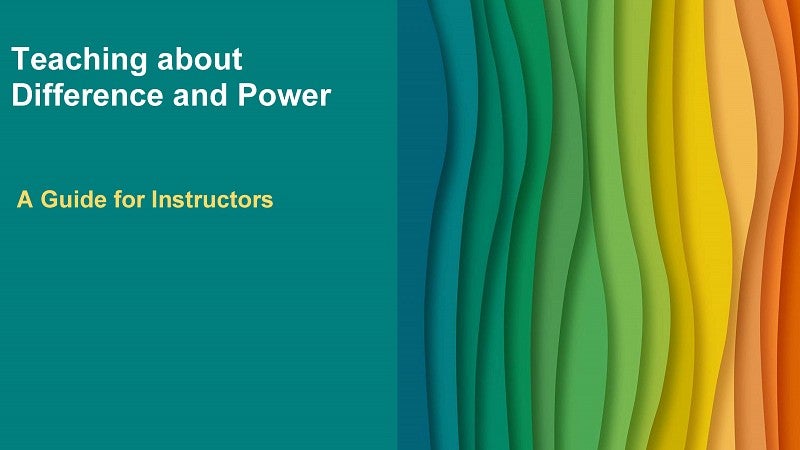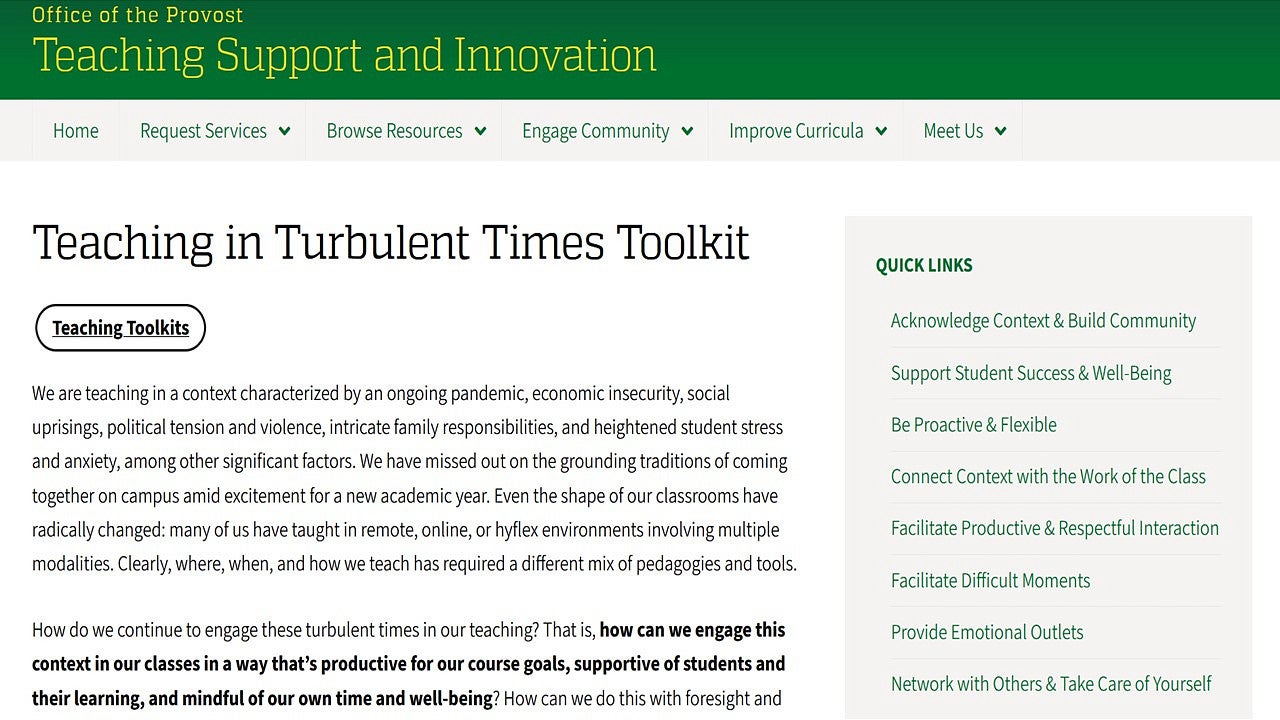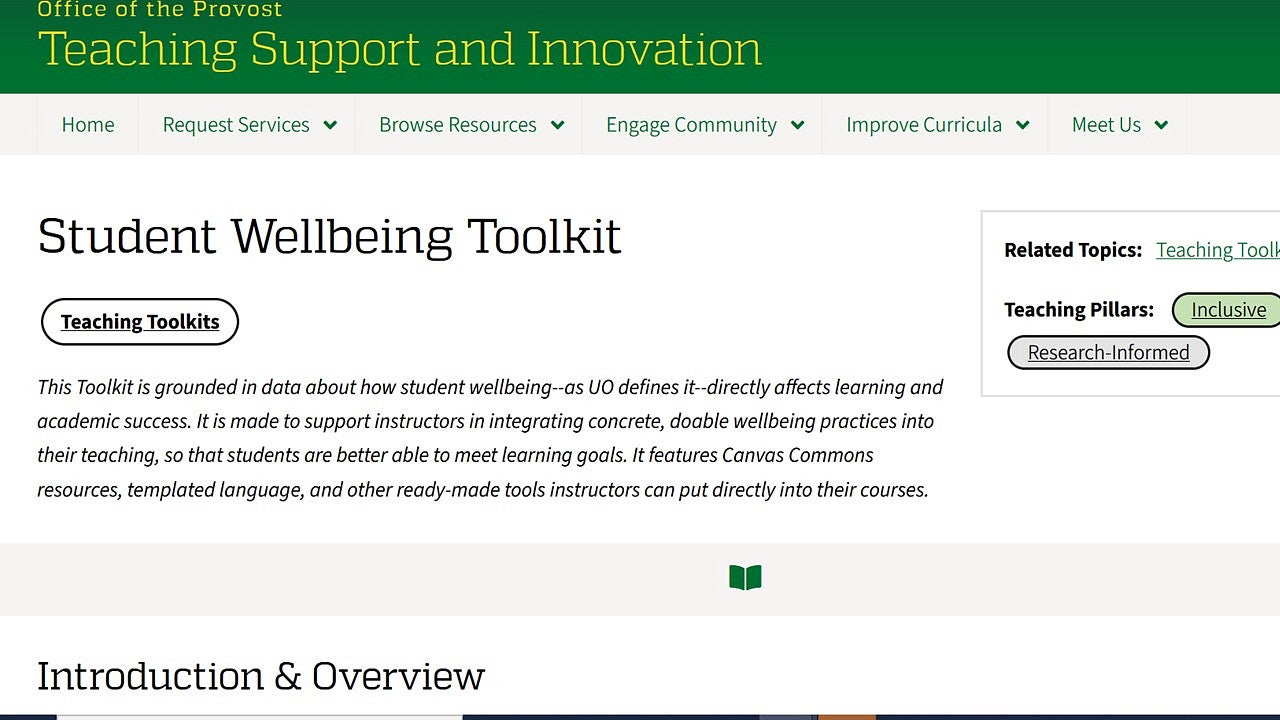What are the Purpose and Learning Goals of US: DIA Courses?
The US: DIA Core Education requirement helps students learn essential cultural literacy skills, specifically the development of analytical and reflective capacities so they can understand and ethically engage with the social, political, economic, and cultural power imbalances that have shaped and continue to shape the United States. In US: DIA courses, students consider the scholarship, cultural production, perspectives, and voices from members of communities historically marginalized by legacies of inequality.
Specifically, students will:
Inquire into intersecting aspects of identity such as race, gender, sexuality, socioeconomic status, indigeneity, national origin, religion, or ability.
Analyze uses of power to marginalize on the basis of identity, as well as responses and agency on the part of marginalized groups.
Examine historical and contemporary structures, forms of knowledge, cultural practices, or ideologies that perpetuate or change the distribution of power in society.
And undertake one or more of the following:
Reflect on one's own individual identifications and how these are connected to systems of power.
Practice respectful listening and ethical dialogue around deeply felt or controversial issues.
DIA Teaching Resources
Faculty leaders who teach DIA courses or use anti-oppressive pedagogies have contributed toward development of teaching materials, trainings, and support networks for faculty teaching US: DIA courses. Pertinent resources to support DIA teaching include the following:



